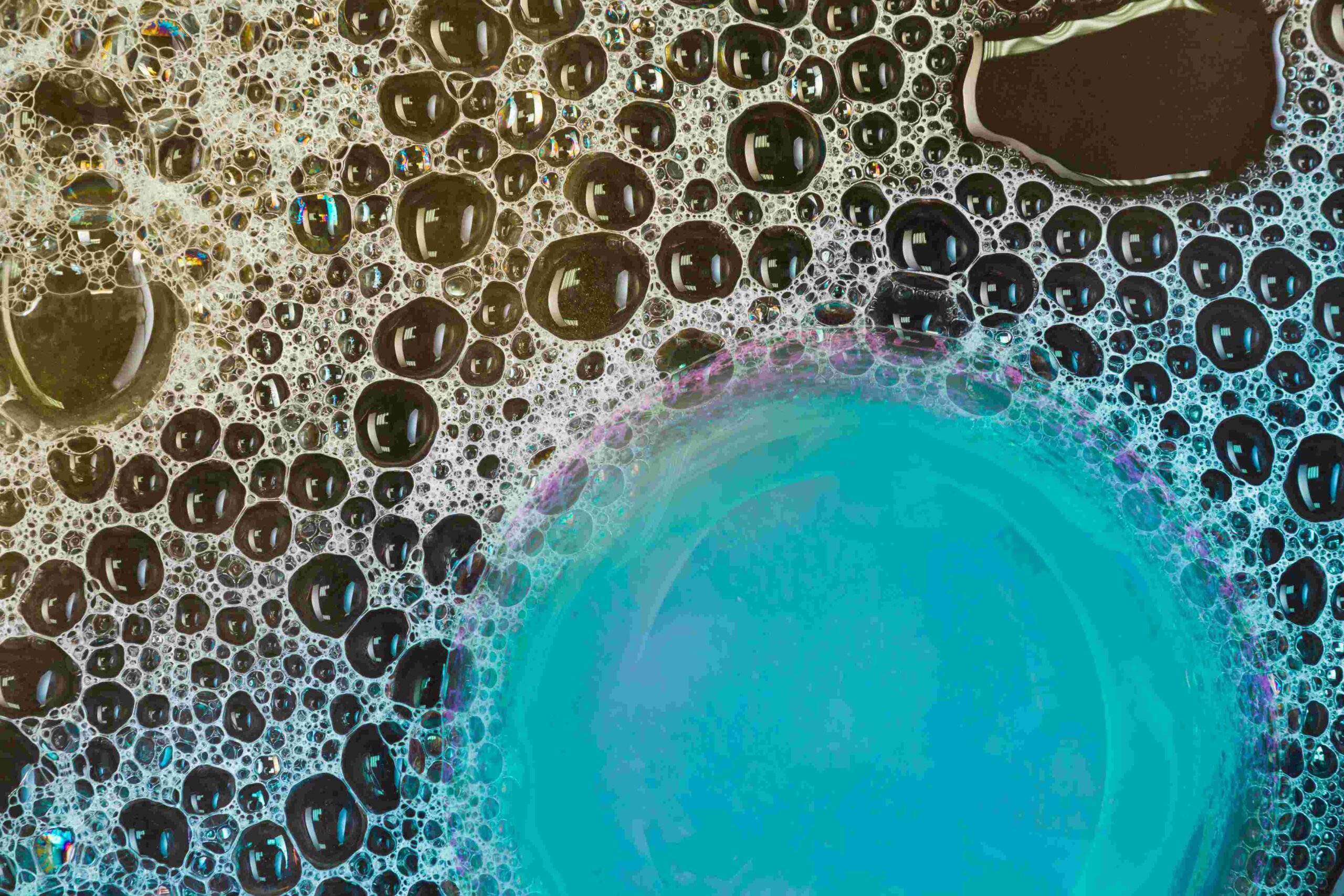Anti Foaming solutions

Anti foaming agents
Anti-foaming agents, also known as defoamers, are chemical additives designed to reduce and prevent foam formation in industrial processes. They are essential in textile processing, wastewater treatment, paints, coatings, and food manufacturing. By breaking down surface tension, these agents ensure smooth production, increased efficiency, and improved product quality.
Key Benefits:
Prevent foam buildup in tanks and pipelines
Enhance processing speed and equipment performance
Available in silicone, non-silicone, and mineral oil-based variants
Looking for reliable anti-foaming solutions? Contact us today for expert guidance and customized formulations!
From ₹ 50
Silicone Defoamer
Silicone defoamers are highly effective foam control agents used across industries like textiles, paints, coatings, wastewater treatment, and food processing. Known for their fast action and long-lasting performance, they reduce surface foam and entrapped air, enhancing process efficiency and product quality.
Key Features:
Rapid foam suppression
Excellent spreadability and thermal stability
Works in both aqueous and non-aqueous systems
Silicone defoamers are ideal for high-foaming systems where performance and reliability are critical.
Need powerful foam control? Choose our premium silicone defoamers for superior results – contact us for a custom solution today!
From ₹ 45

Deformer chemical
Defoamer chemicals are specialized additives used to eliminate unwanted foam in industrial processes such as textiles, pulp & paper, paints, coatings, wastewater treatment, and food processing. These chemicals enhance productivity by preventing foam-related issues like overflow, slow processing, and poor product quality.
Key Advantages:
Breaks and prevents foam quickly
Improves operational efficiency
Available in silicone, mineral oil, and non-silicone formulations
Defoamer chemicals are essential for smooth, uninterrupted manufacturing processes.
Eliminate foam, boost efficiency! Get in touch for high-performance defoamer chemicals tailored to your industry needs.
From ₹ 55
F.A.Q.
What is a silicone defoamer?
A silicone defoamer is a foam control agent made primarily from polydimethylsiloxane (PDMS), often blended with silica and emulsifiers. It is widely used in industries like textiles, wastewater treatment, paper, and paints to suppress and prevent foam formation during processing. Silicone defoamers are highly effective even at low concentrations and offer advantages such as quick foam knockdown, thermal stability, and long-lasting performance. In textile processing, they ensure smoother operations by preventing foam in dye baths, scouring, and finishing processes. Their non-ionic nature and broad compatibility make them a preferred choice for modern industrial applications.
Is silicone defoamer safe?
Yes, silicone defoamers are generally considered safe when used as directed in industrial applications. They are non-toxic, chemically inert, and thermally stable, making them suitable for use in textiles, wastewater treatment, food processing (with regulatory approval), and other industries. Most silicone defoamers are non-reactive and non-corrosive, posing minimal risk to equipment and operators. However, like any chemical product, proper handling, storage, and usage guidelines should be followed to ensure safety. Safety data sheets (SDS) should be consulted for specific products to assess any potential hazards. When used responsibly, silicone defoamers are effective and safe for controlled use.
What is the purpose of a defoamer?
The purpose of a defoamer is to eliminate or prevent the formation of foam in industrial processes where foam can disrupt operations, reduce efficiency, or affect product quality. Foam is often generated by surfactants or agitation in liquids, especially during mixing, pumping, or heating. Defoamers work by breaking down foam bubbles or preventing their formation at the surface. They are commonly used in textiles, wastewater treatment, paper manufacturing, paints, and food processing. By controlling foam, defoamers help maintain smooth production flow, accurate measurements, better heat transfer, and cleaner operations, ensuring improved performance and product consistency.
What is the difference between silicone and non silicone defoamers?
Silicone defoamers and non-silicone defoamers differ mainly in composition, performance, and application. Silicone defoamers are based on polydimethylsiloxane (PDMS) and offer rapid, long-lasting foam suppression, excellent thermal stability, and work well at low concentrations. They are ideal for high-temperature or high-alkaline environments. In contrast, non-silicone defoamers are typically made from mineral oils, fatty alcohols, or esters, and are preferred when surface sensitivity or residue issues are a concern, such as in coatings or paints. While non-silicone options may be more cost-effective, silicone defoamers provide superior overall performance in demanding industrial applications.
